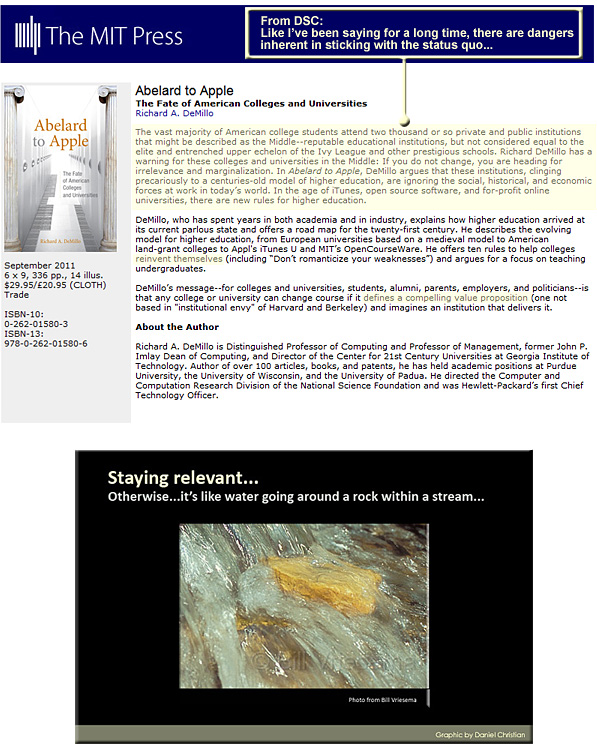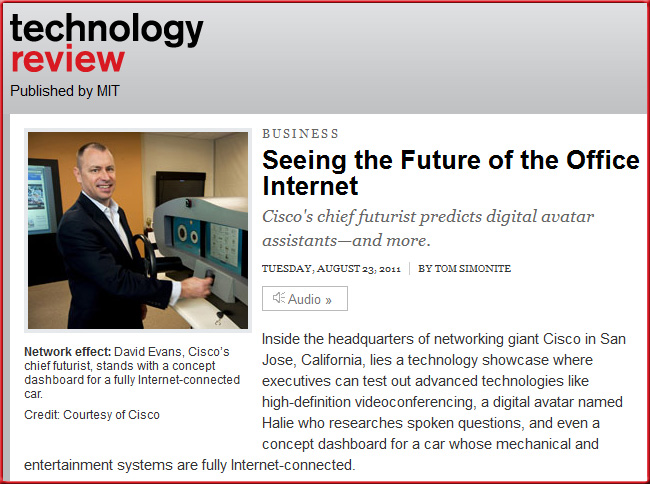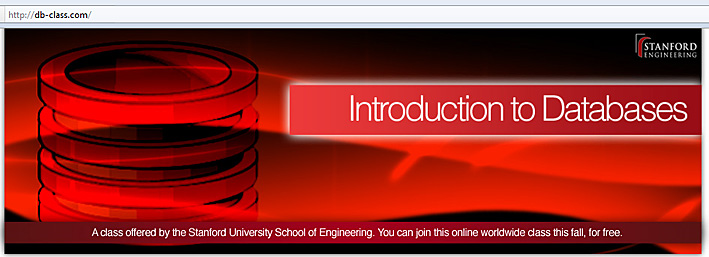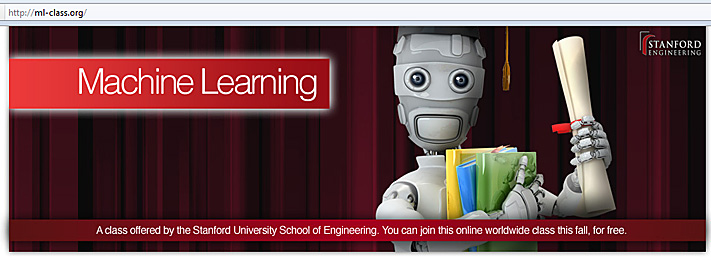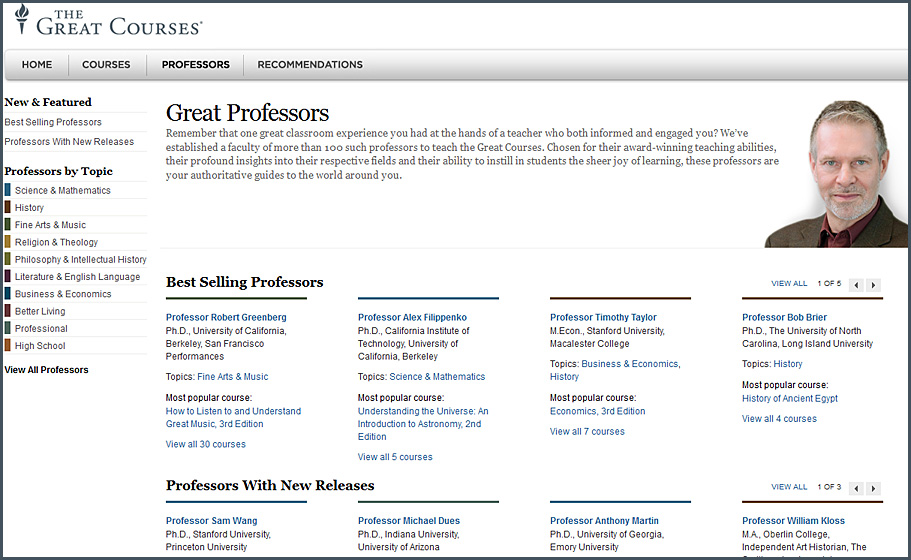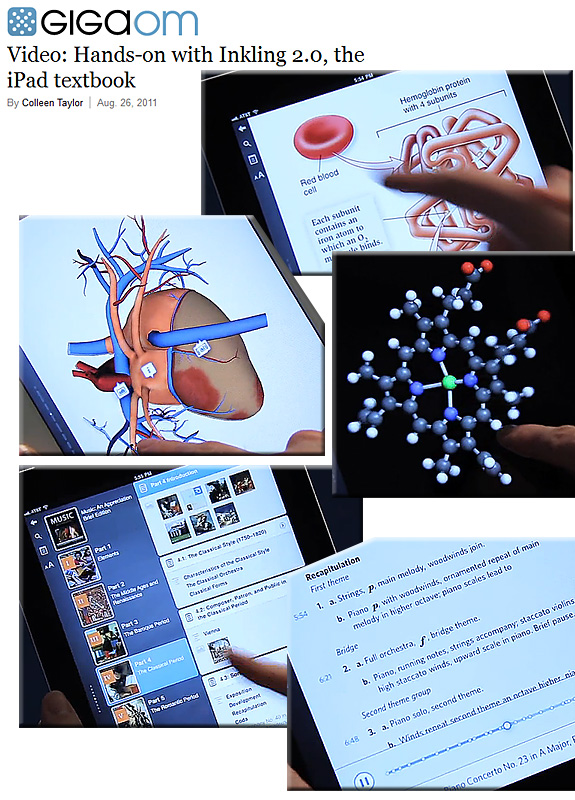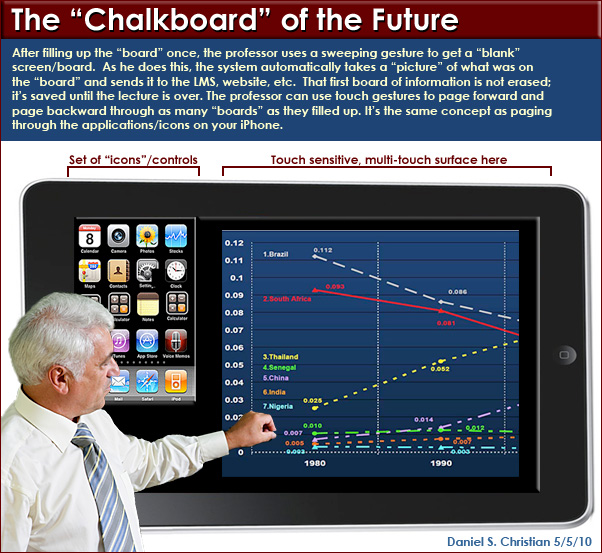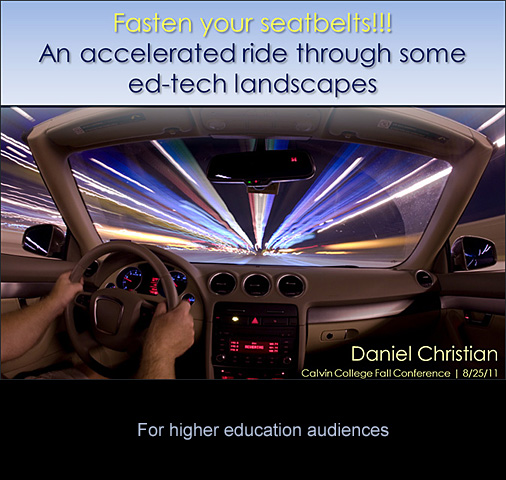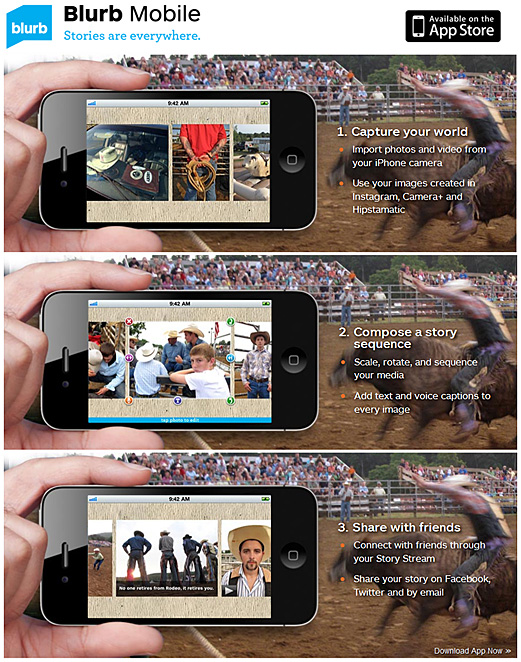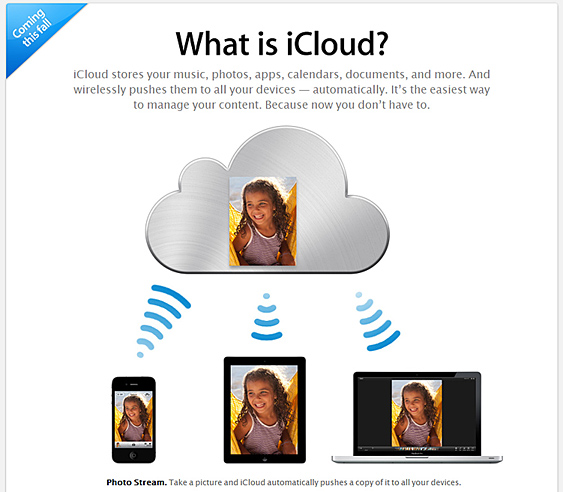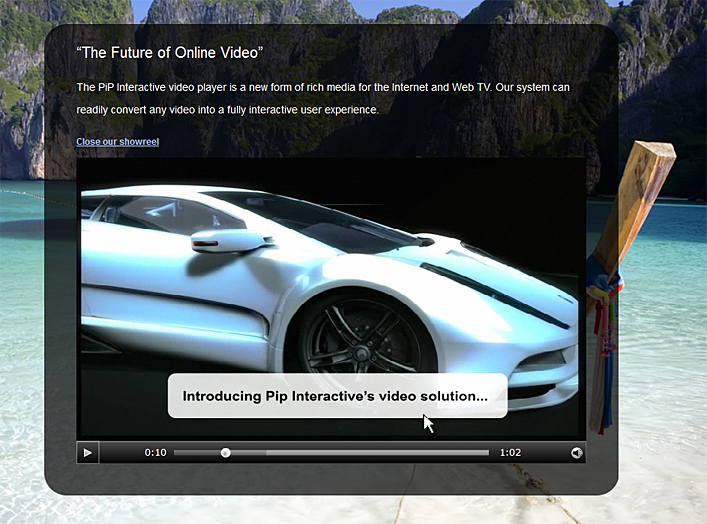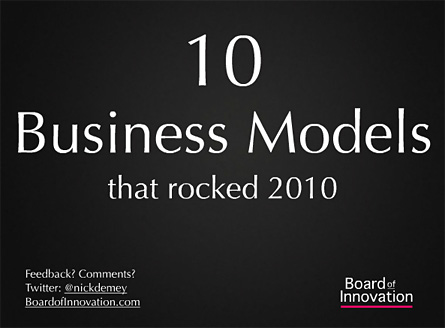Flingo releases first application publishing suite for Smart TVs – includes audio synching technology built into CE devices — from Social TV Apps – The Future of Transmedia, Social TV, Smart TV and Connected TV by richard@agoramedia.co.uk (Richard Kastelein)
Excerpt:
Emerging from stealth mode and announcing relationships with manufacturers including LG, Samsung, Vizio, Insignia, Sanyo and Western Digital – Flingo, a leading publisher of applications for the Smart or Connected TV, recently launched the first suite of application publishing products to seamlessly integrate the Web with the TV experience. And Flingo has made available a public API (application programming interface), so developers can build mobile and Web apps that use the television’s inside knowledge. The TV will also display pop-ups on-screen, offering further Web-retrieved information about a show, or links to apps on the set itself.
Stanford University is offering Computer Science courses online, free to anyone — from geekosystem.com by Max Eddy
A bold experiment in distributed education, “Introduction to Databases” will be offered free and online to students worldwide during the fall of 2011. Students will have access to lecture videos, receive regular feedback on progress, and receive answers to questions. When you successfully complete this class, you will also receive a statement of accomplishment. Taught by Professor Jennifer Widom, the curriculum draws from Stanford’s popular Introduction to Databases course. A topics list and many of the materials are available here. More information about the Stanford course can be perused here. Details on the public offering will be available by late September. Sign up below to receive additional information about participating in the online version when it becomes available.
Also see the video at:
Introduction to Databases class by Stanford University
A bold experiment in distributed education, “Machine Learning” will be offered free and online to students worldwide during the fall of 2011. Students will have access to lecture videos, lecture notes, receive regular feedback on progress, and receive answers to questions. When you successfully complete the class, you will also receive a statement of accomplishment. Taught by Professor Andrew Ng, the curriculum draws from Stanford’s popular Machine Learning course. A syllabus and more information is available here. Sign up below to receive additional information about participating in the online version when it becomes available.
Also see the video at:
Machine Learning: About the class
From DSC:
Again, my question is…if these trends continue, what opportunities are presenting themselves? What threats are presenting themselves? What is our response? How will colleges/universities differentiate themselves in this developing landscape? If items like the below continue to grow…how do we respond?
Addendum later on 8/29/11:
- Also see iversity raises $1.6 million – Wants to bring Campus Experience Online — from edukwest.com by Kirsten Winkler
The Digital Revolution and Higher Education — from the Pew Research Center by Kim Parker, Amanda Lenhart, and Kathleen Moore
College Presidents, Public Differ on Value of Online Learning
Excerpt:
This report is based on findings from a pair of Pew Research Center surveys conducted in spring 2011. One is a telephone survey of a nationally representative sample of 2,142 adults ages 18 and older. The other is an online survey, done in association with the Chronicle of Higher Education, among the presidents of 1,055 two-year and four-year private, public, and for-profit colleges and universities.
Here is a summary of key findings…
From DSC:
First, [perhaps it’s in the appendices, but] how many of the people out in the public who were surveyed have actually taken an online class? If so, how many classes (each) have they taken and when did they take them? From whom did they take them? My guess is that most of them have never taken a class online.
Secondly, I wonder how many people thought that the telephone was a useful instrument/communication device shortly after it was introduced? Perhaps not too many…but did you use one today? Yesterday? I bet you did. I did…several times; and I bet that the same will be true of online learning (as online learning didn’t really begin to be used until the late 90’s).
The question is not whether online learning will blow away the face-to-face classroom, it’s when this will occur…? There will be many reasons for this, but the key one will be that you are putting up a team of specialists instead of using just one person. If they are reeeeaaaalllyy good (and a rare talent), that person can do the trick for now; but their success/job will continue to be increasingly difficult to perform, as they continue to pick up new hats each year, as the students’ attention spans and expectations continue to change, as lower cost models continue to emerge, etc, etc…
As Christensen, Horn, and Johnson assert, the innovation is taking place in the online learning world, and it will eventually surpass what’s possible (if it hasn’t already) in the face-to-face classrooms.
Apple moves closer to taking over your living room — from readwriteweb.com by John Paul Titlow
Apple TV update adds iCloud storage for TV shows — from thisismynext.com by Nilay Patel
Apple announces a full assault on the cable box w/ the streaming of purchased TV shows — techcrunch.com
Apple Launches iCloud Beta [PICS] –– from Mashable.com by Ben Parr
Also relevant along these lines (but not from Apple):
Also see:
Storytelling: Digital technology allows us to tell tales in innovative new ways — from guardian.co.uk by Aleks Krotoski
As the tools available to publishers grow more sophisticated, it’s up to us to experiment and see what sticks
10 gaming trends that are transforming higher ed — onlinecolleges.net
Excerpt:
Video games don’t always enjoy the greatest of reputations, though their ubiquity and decade-spanning permanence keeps garnering them more and more mainstream acceptance as years tick past — to the point where many academics and institutes of higher education open their arms to their learning potential. While these digital technologies only trickle slowly into college and university classrooms, it seems as if they won’t be exiting anytime soon. Whether trendy, soon-to-be-trendy or a possible future trend, some of the amazing ways education professionals use video games definitely deserve consideration.









